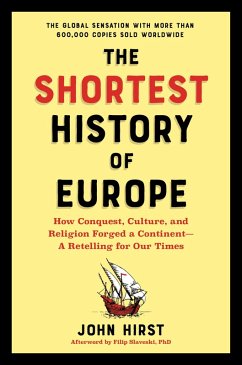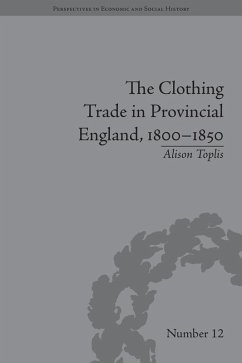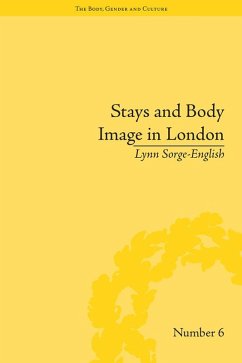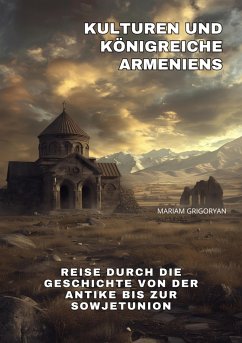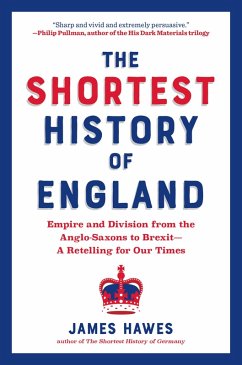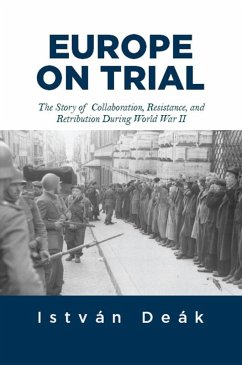
Early Medieval Europe 300-1050 (eBook, ePUB)
The Birth of Western Society
Versandkostenfrei!
Sofort per Download lieferbar
27,95 €
inkl. MwSt.
Weitere Ausgaben:

PAYBACK Punkte
14 °P sammeln!
The centuries following the collapse of the Roman Empire saw extraordinary change across Western Europe - in institutions, social structure, rural and urban life, religion, learning, scholarship and art. This innovative textbook provides students coming to the study of Early Medieval Europe for the first time with the conceptual and methodological tools to investigate the period for themselves. It identifies major research questions and historiographical debates and offers guidance on how to engage with and evaluate the major documentary sources and the evidence of art history and archaeology....
The centuries following the collapse of the Roman Empire saw extraordinary change across Western Europe - in institutions, social structure, rural and urban life, religion, learning, scholarship and art. This innovative textbook provides students coming to the study of Early Medieval Europe for the first time with the conceptual and methodological tools to investigate the period for themselves. It identifies major research questions and historiographical debates and offers guidance on how to engage with and evaluate the major documentary sources and the evidence of art history and archaeology.
Ideally structured to support courses and classes in Medieval European history, the book's features include:
Offering a road map to the rich written and non-written sources for this period, and the exciting recent scholarship, this book is an essential guide for any student wishing to gain a deeper level of understanding and greater confidence in creative and independent historical thought.
Ideally structured to support courses and classes in Medieval European history, the book's features include:
- Over 50 carefully selected maps and illustrations accompanied by explanatory commentary
- Detailed guidance on further reading with research questions to aid understanding
- Timelines and maps to orientate the reader in each chapter
- An extensive companion website providing practical study guidance, reference materials and access to further primary sources
Offering a road map to the rich written and non-written sources for this period, and the exciting recent scholarship, this book is an essential guide for any student wishing to gain a deeper level of understanding and greater confidence in creative and independent historical thought.
Dieser Download kann aus rechtlichen Gründen nur mit Rechnungsadresse in A, B, BG, CY, CZ, D, DK, EW, E, FIN, F, GR, HR, H, IRL, I, LT, L, LR, M, NL, PL, P, R, S, SLO, SK ausgeliefert werden.




